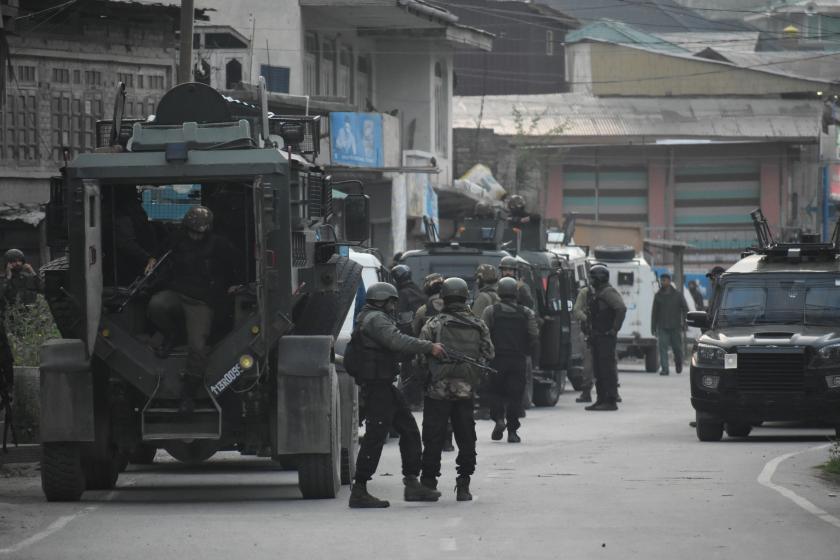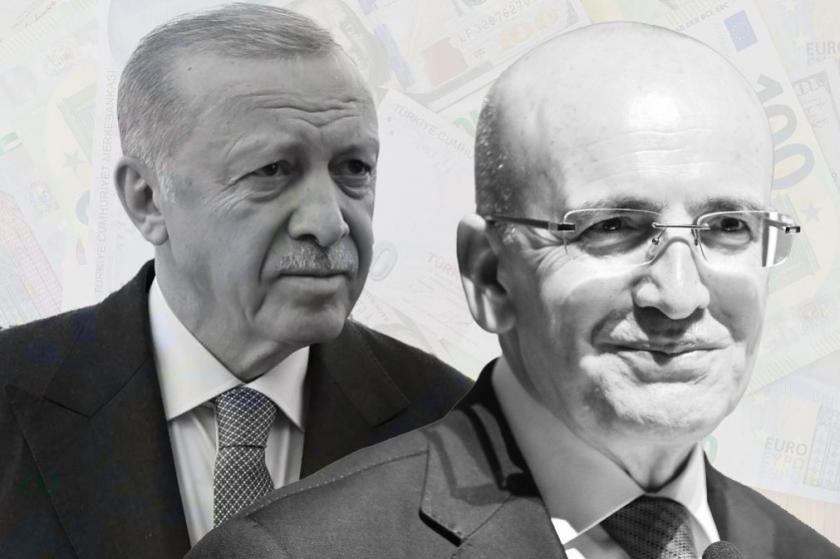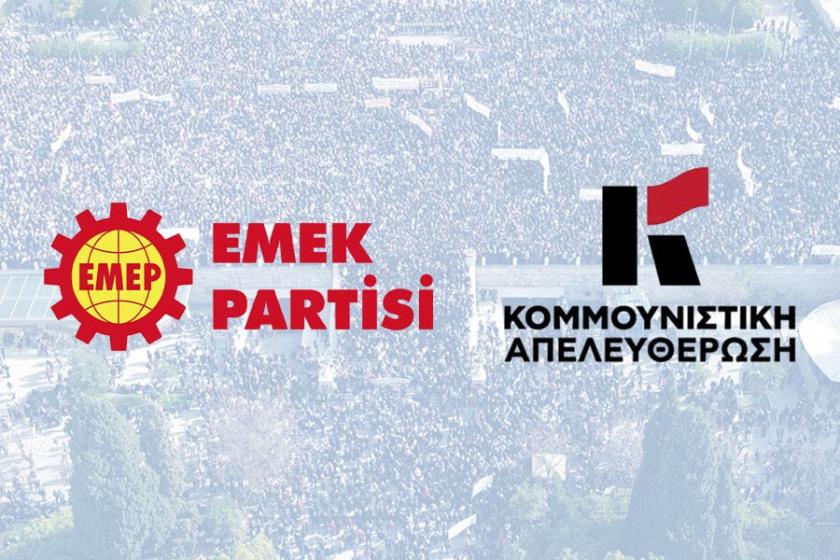Media shakes up coronavirus coverage in Jordan
Daoud Kuttab, vice chair of the Executive Board of the IPI and the director-general of the Community Media Network (CMN) in Amman, Jordan wrote about the coronavirus coverage of media in Jordan.

Daoud Kuttab
When the relatively small country of Jordan took the extraordinary step of implementing a severe restrictive lockdown, the state of the media was its last worry. As the coronavirus pandemic began spreading, Jordan took the tough step of introducing a round-the-clock curfew that began on March 21st and prevented the country’s 10 million inhabitants from leaving their homes for an initial stretch of four days. While the curfew has slightly eased since, the printing of newspapers has been stopped and most media outlets have been unable to carry out their work. Filling the information gap has been done by state-run television and a daily briefing of Minister of Media Affairs Amjad Adalileh and Health Minister Saad Jaber. The two have performed well, bringing a calm and reassuring demeanour to a worried and scared population.
But while the two ministers have quickly become stars and have been generally respected by the entire country, the lack of a Q&A session following the daily briefing held at National Crisis Center has left them with a total control of the flow of information.
The lack of accountability was finally broken by the semi-governmental TV channel Al Mamlaka and the local community radio station Radio Al Balad. Al Mamlaka which means “The Kingdom" is a Jordan-based public broadcaster based in Amman, Jordan, established by a 2015 bylaw and was launched in July 2018. The TV channel is state-funded and offers public broadcasting services. One of its main shows, The Voice of the Kingdom, led by spirited anchor Amer Rajoub, was slated alongside Jordan’s national government-run TV stations’ prime time newscast at 8 pm. The energetic anchor began chipping away at some of the problems that have been left untouched by the uncontested daily briefings. He received special attention for a program midway into the curfew which revealed a serious problem between the government-appointed governor of the southern governorate of Maan and the locally elected mayor. He brought both on his screen and chided them for putting personal issues ahead of the public need.
But Al Mamlaka’s success with the public was best revealed when it brought the head of the private school union on together with a local female teacher. The teacher speaking from a popular east Amman neighborhood was pitted against a representative of wealthy school owners speaking from the affluent Khalda neighborhood. The teacher chided the private school’s representative for failure to pay teachers on time and in response the union head made some disparaging statements demeaning teachers and reflecting the arrogance of the country’s wealthy class. The TV episode was quickly shared on social media bringing praise to the female school teacher from different sources including the secretary general of the Jordanian National Commission for Women, who described the attack as not only class-based but also a reflection of gender discrimination in Jordan.
The class schism between wealthy businesspeople and the general public was further exposed when a local community radio station, Radio Al Balad, interviewed the owner of a private hospital, Dr. Samer Abdel Hadi. When Hadi was asked about complaints from nurses and medical staff about not getting paid, he blew up and attacked the radio station. Anchorwoman Rawan Jayyousi kept her cool and insisted on an answer – even as the hospital manager continued his tirade using foul language about media and about his own staff.
Again, social media picked up the baton and widely circulated the exchange bringing more than 300,000 viewers to the exchange and a scorn of attacks at the greedy business community that has made so much money in the past and now is unwilling to make a financial sacrifice.
It will take a lot of effort to turn the largely government-controlled media in Jordan into a vibrant independent media despite some success stories here and there. The media ownership environment is skewed towards government-owned public media and commercial media that is largely in bed with government. The above-mentioned cases notwithstanding, social media has and can do a lot to shake up the situation but media reform is essential if independent media is to take its role as the watchdog and true representative of what people want.
Daoud Kuttab is the vice chair of the Executive Board of the Vienna-based International Press Institute (IPI) and the director-general of the Community Media Network (CMN) in Amman, Jordan. CMN manages Radio Al Balad mentioned above.
{{383507}}






Follow Evrensel